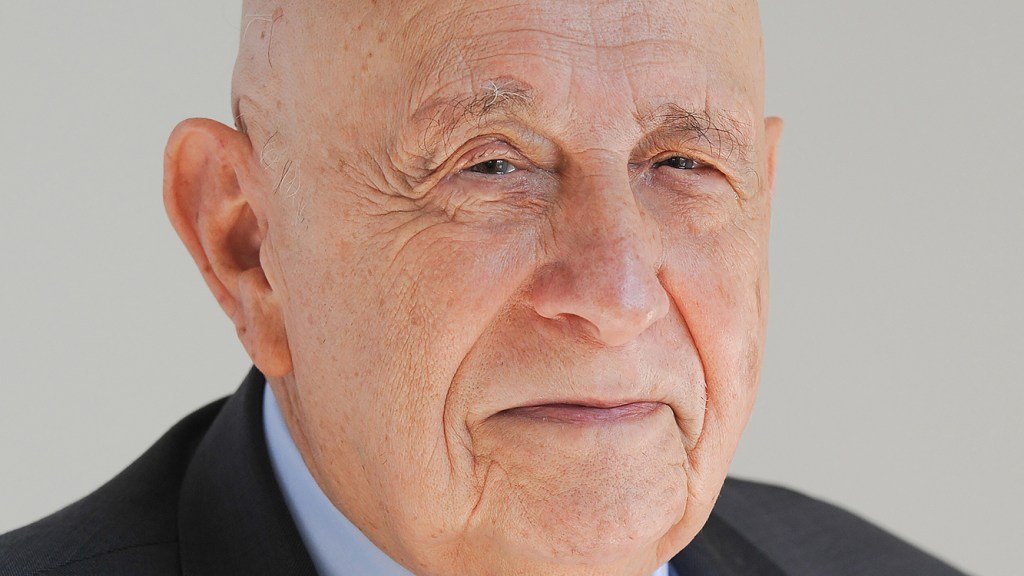German Measles: The Battle Against Rubella and the Resurgence of Vaccine Hesitancy
In the early 1960s, a silent storm swept across the United States. Families were struck by a viral infection that left its mark on countless lives—German measles, or rubella. Between 1962 and 1965, approximately 12.5 million Americans contracted the disease. The consequences were staggering: 11,000 pregnancies ended tragically, over 2,100 infants perished, and tens of thousands bore the scars of congenital rubella syndrome, resulting in severe health issues ranging from heart defects to hearing loss. The aftermath of this epidemic served as a catalyst for one of medicine’s most significant breakthroughs—the rubella vaccine, championed by the eminent Dr. Stanley Plotkin.
The Legacy of Stanley Plotkin
At 93, Plotkin remains a titan in the field of vaccinology. As an emeritus professor of pediatrics at the University of Pennsylvania, he reflects on his childhood near-misses with infectious diseases. “I nearly died from pertussis, pneumococcal pneumonia, and influenza,” he recounts, emphasizing how advances in vaccination have drastically altered the landscape of childhood disease. “Today, parents don’t have to fear these illnesses—provided their children are vaccinated.”
His work on the rubella vaccine, introduced in 1969, updated the public health narrative. Within seven years, reported rubella cases plummeted to fewer than 13,000, and congenital rubella syndrome cases fell to just 23. Despite these victories, an alarming resurgence of measles—over 1,267 reported cases in 2023—has raised red flags among public health experts.
The Re-emergence of Measles
Dr. Plotkin points to complacency among the public as a critical factor in the recent outbreaks. “When people no longer experience the reality of serious diseases, they begin to underestimate their potential harm,” he warns. A significant non-vaccinated population, particularly in states like Texas, provides fertile ground for these diseases to proliferate. “Measles spreads extremely efficiently—it’s a reminder that herd immunity is a delicate balance.”
Recent data from the Centers for Disease Control and Prevention (CDC) suggested that vaccination rates have stagnated across certain communities, providing a critical insight into the factors driving the current measles resurgence:
- Vaccination rates among children dropped by 10% in certain regions from 2021 to 2023.
- Many parents cite misinformation about vaccine safety as a reason for hesitancy.
- There is an increasing number of advocacy groups promoting vaccine skepticism.
Reflections on Vaccine Skepticism
Plotkin expresses vehement concern regarding public figures promoting vaccine skepticism, particularly Robert F. Kennedy Jr., now the Secretary of Health and Human Services. “His statements are purely opinion-based and lack scientific backing,” Plotkin emphasizes, echoing a sentiment echoed by many in the medical community. “Such rhetoric is not only misleading; it’s dangerous.” Recent moves, like Kennedy’s dismissal of experienced ACIP members, could compound the chaos that he foresees in vaccine policy. “We may see public health decisions influenced by ideology, rather than science,” he warns.
The Lifesaving Role of Vaccination
Dr. Plotkin is proud of his role in shaping the landscape of vaccination, particularly in preventing severe diseases like rubella and rotavirus. “Helping children survive to adulthood, free from congenital diseases—this is my life’s work,” he states. Nevertheless, as vaccine skepticism grows, so too does the risk of a return to the old, preventable diseases that once devastated families.
A recent survey conducted by the fictional National Institute for Immunization found that:
- 62% of parents believe vaccines can cause serious side effects.
- 57% expressed doubts about vaccine efficacy due to misinformation.
These findings underscore the urgent need for effective public health campaigns to restore confidence in vaccination.
Looking Ahead: A New Era of Vaccinology
While the world witnessed the power of scientific innovation during the COVID-19 pandemic, Plotkin emphasizes that the road ahead is fraught with challenges. “The rapid development of mRNA vaccines is a testament to our capabilities, but it’s also a reminder of how quickly misinformation can spread,” he observes. “The technology was there, but public trust is equally essential.”
As countries navigate post-pandemic realities, Plotkin remains steadfast in his commitment to scientific rigor. “Being a scientist is akin to a religious quest; we seek the truth,” he reflects. “In a time when misinformation prevails, we must remember that truth is our greatest asset.”
In the complex landscape of public health and vaccination, the legacy of Dr. Stanley Plotkin stands as both a beacon of hope and a warning of the fragility of progress. As we confront the resurgence of diseases like measles, the dialogue around vaccination and public health policy will continue to evolve—an evolution that, if not grounded in truth, could lead to dire consequences for generations to come.





